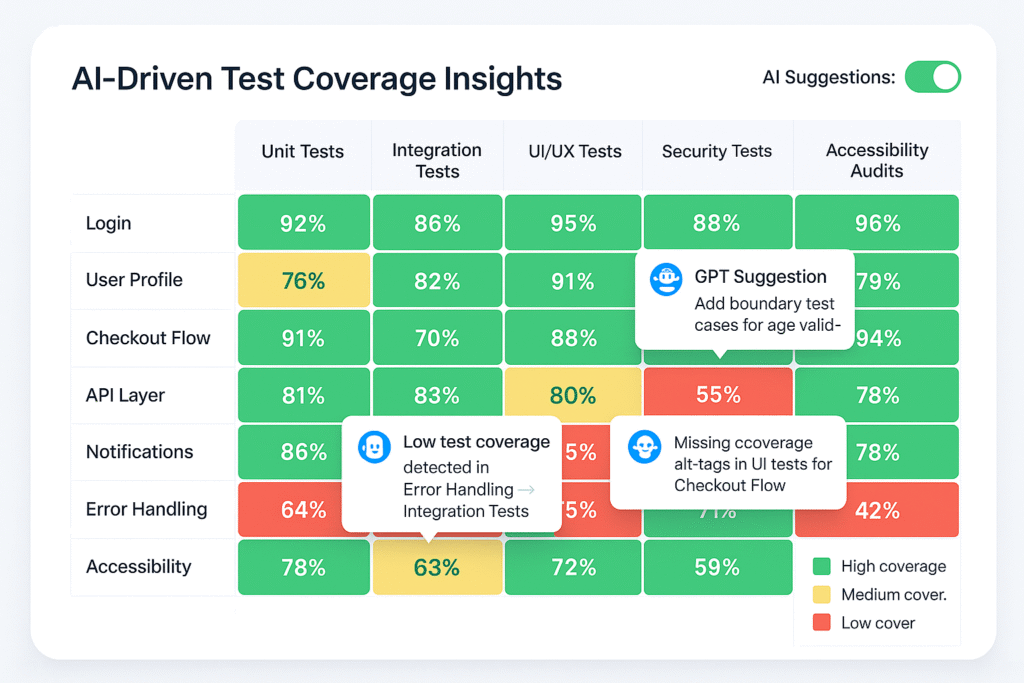
Google’s quiet rollout of its AI-powered Gemini chatbot to children under the age of 13 has sparked intense debate or I should say backlash, from privacy and child advocacy groups. Critics argue that the move not only raises ethical concerns but may also violate U.S. law, particularly the Children’s Online Privacy Protection Act (COPPA).
At the core of the controversy is Google’s decision to allow children with supervised accounts, managed through its Family Link program, to access Gemini, a generative AI chatbot that can create stories, songs, poetry, and help with homework.
While Google frames this as an educational and creative tool for kids, a growing alliance of parents’ groups sees it as a potential privacy problem and a threat to children’s mental well-being.
Parents Get Emails—Advocates Raise the Concern
The issue came into the spotlight after Google sent emails to parents using Family Link, notifying them that their children could now access Gemini. The chatbot is available through web and mobile apps, and while parents have the option to disable access, the default setting allows use. This opt-out model, critics argue, bypasses an essential requirement of COPPA: verifiable parental consent.
The backlash was instant and loud. A broad coalition led by the Electronic Privacy Information Center (EPIC) and Fairplay fired off letters to both the Federal Trade Commission (FTC) and Google CEO Sundar Pichai, demanding an immediate halt to the rollout. They called on the FTC to investigate whether Google has violated federal privacy law.
“Shame on Google for attempting to unleash this dangerous and addictive technology on our kids,” said Josh Golin, Executive Director of Fairplay. “Gemini and other AI bots are a serious threat to children’s mental health and social development.”
Gemini AI for Kids: What’s the Risk?
Gemini might appear harmless or even beneficial. It talks like a human, answers questions, and entertains kids with stories or songs. But the concerns run deeper.
The parents’ groups warn that children are particularly vulnerable to manipulation and misinformation from AI systems. Generative AI doesn’t always provide factual answers, and its human-like communication style can mislead young users into forming parasocial relationships, where children treat the chatbot as a friend or confidant. This could foster emotional dependency and blur the line between reality and simulation.
Additionally, Gemini’s warnings about inaccuracies and sensitive content are deeply troubling. Google itself admits in its documentation that Gemini “can make mistakes” and “may encounter content you don’t want [your child] to see.” Yet instead of fixing those issues or pausing the rollout, the company shifts the responsibility onto parents, suggesting they teach their children to “think critically” about Gemini’s responses.
This is a tough ask, especially when the users in question are under 13. How realistic is it to expect young children to recognize bias, misinformation, or emotional manipulation from an AI system that mimics human conversation?
What Does the Law Say?
Under the Children’s Online Privacy Protection Act (COPPA), any online service that collects personal data from children under 13 must obtain verifiable parental consent before doing so. According to EPIC and Fairplay, Google appears to have sidestepped this requirement by simply notifying parents after enabling access by default.
In its email, Google tells parents that they will be notified if their child uses Gemini and can disable access if they choose. But the opt-out model isn’t enough under COPPA. The law requires proactive consent, not passive acknowledgment.
Newly appointed FTC Chair Andrew Ferguson emphasized this in recent Congressional testimony. “Protecting children and teens online is of paramount importance,” he wrote, adding that COPPA mandates companies obtain clear consent before collecting data from children.
Ferguson’s comments suggest that the FTC may be more willing to investigate companies like Google moving forward, especially in light of this public pressure.
Google’s Defense: Not Enough?
So far, Google has tried to defend its move by stressing that children’s data will not be used to train AI models. The company also points to parental controls and educational resources about AI.
But critics say these measures fall short. The company hasn’t disclosed what other safeguards are in place to protect kids’ emotional well-being, guard against bias, or ensure compliance with privacy law.
In a particularly damning part of the letter sent to the FTC, EPIC and Fairplay argue that “Google has not identified additional safeguards to ensure that it would not misuse data collected through these interactions.”
“If Google wants to market its products to children, it is Google’s responsibility to ensure that the product is safe and developmentally appropriate,” said Suzanne Bernstein, Counsel at EPIC. “Which it has not done.”
Shifting Responsibility onto Parents?
One of the most controversial aspects of Google’s rollout is how it frames the burden of safety. Rather than taking full responsibility for making its AI child-safe, Google instead offers a how-to guide for parents on managing access and helping kids direct AI responses.
While parental involvement is undeniably crucial, critics argue that it should not be used as a shield by tech companies. The developers of AI systems, who best understand the risks and reap the profits, must be held accountable for ensuring the technology is safe before putting it into the hands of children.
Who’s Leading the Fight?
A broad alliance of organizations has joined forces to push back against Google’s decision. This includes the U.S. Public Interest Research Group (PIRG), The Anxious Generation Campaign, Design It For Us, Eating Disorders Coalition, and Tech Transparency Project, among others.
The campaign also has heavyweight academic backing. Signatories to the letter include Jonathan Haidt, a well-known social psychologist, MIT professor Sherry Turkle, and Fordham Law Professor Zephyr Teachout.
Their message is clear: AI chatbots are not developmentally appropriate for young children, and until the science says otherwise, big tech should keep them away.
What Happens Next?
The FTC has not yet announced whether it will open a formal investigation into Google’s rollout of Gemini for kids. But the issue has gained significant traction among both policymakers and the public.
Given Chair Ferguson’s stated priorities around children’s privacy and the weight of expert opinion against Google’s decision, the tech giant may face regulatory scrutiny in the coming weeks.
In the meantime, many parents may be left wondering: Should they trust an AI chatbot with their child’s development?
Google’s decision to move ahead with Gemini for children, despite so many unanswered questions and warnings, suggests that in the race to dominate the AI market, caution is being thrown to the wind, even when the stakes involve the well-being of the most vulnerable users of all.
Source: Read More



